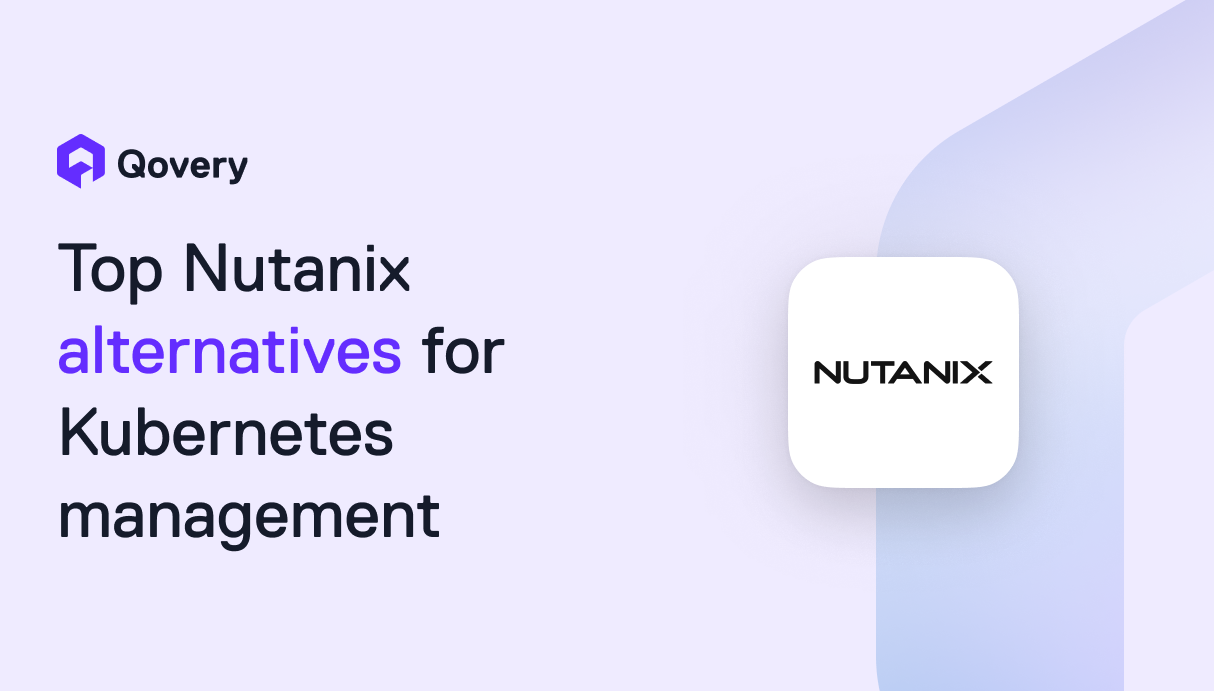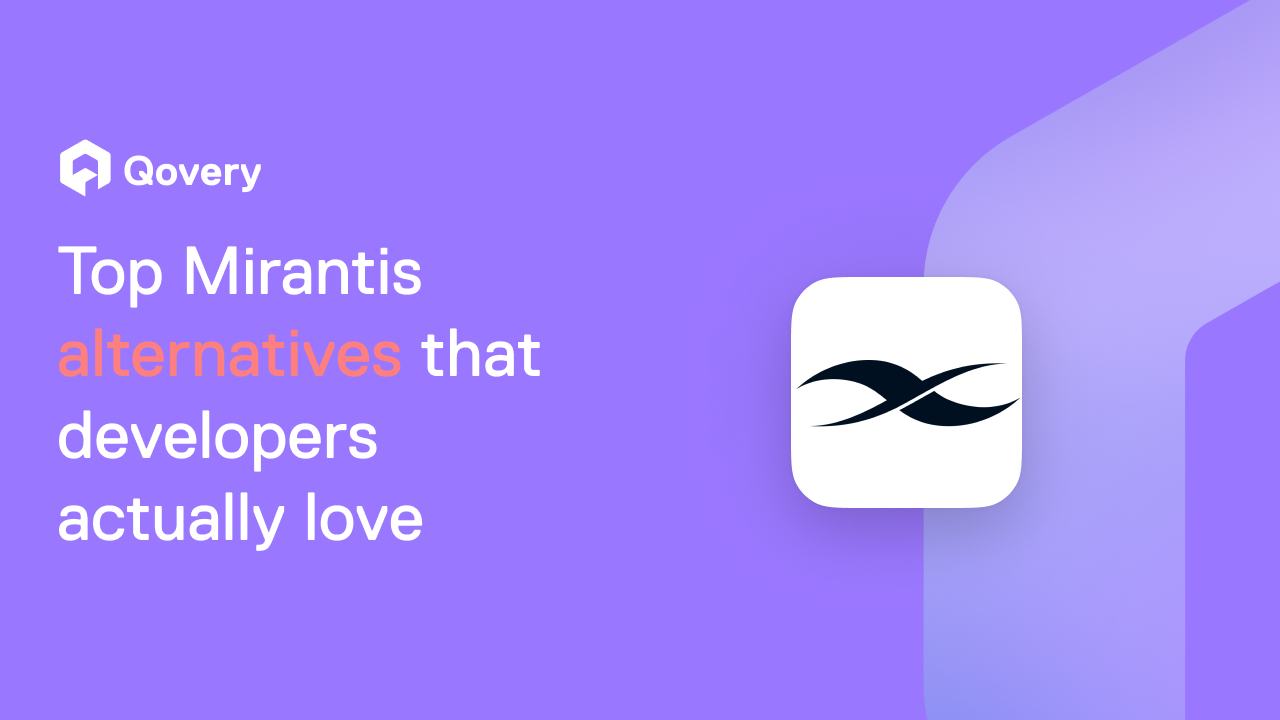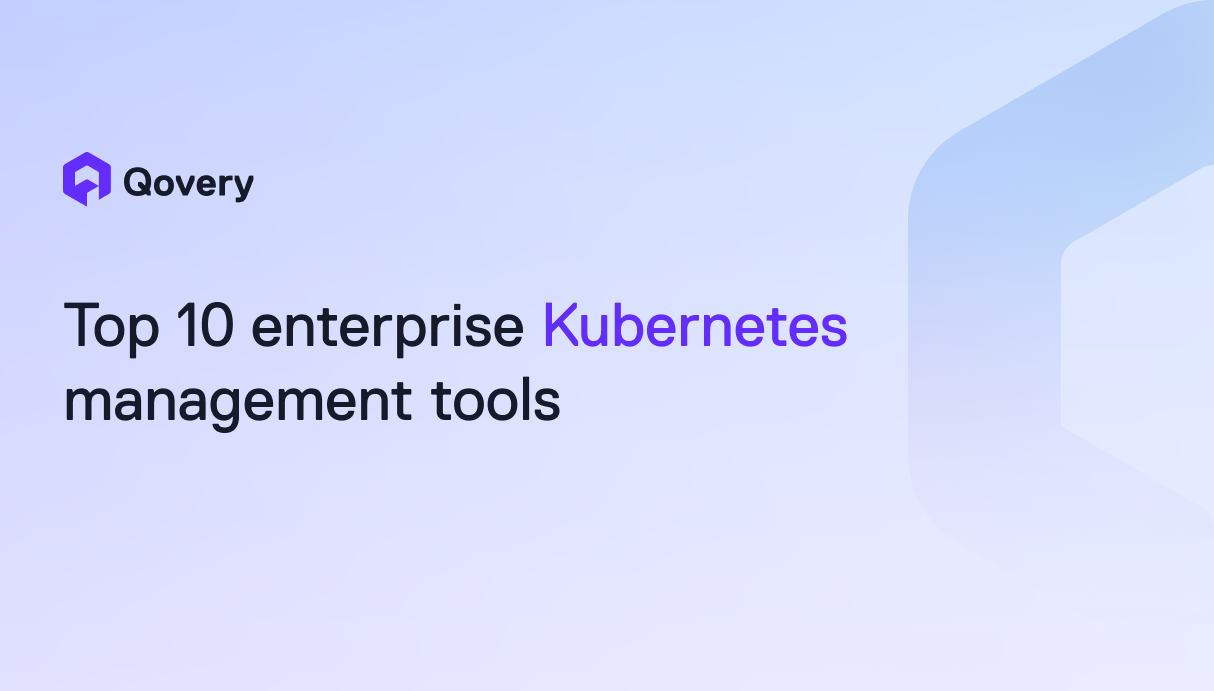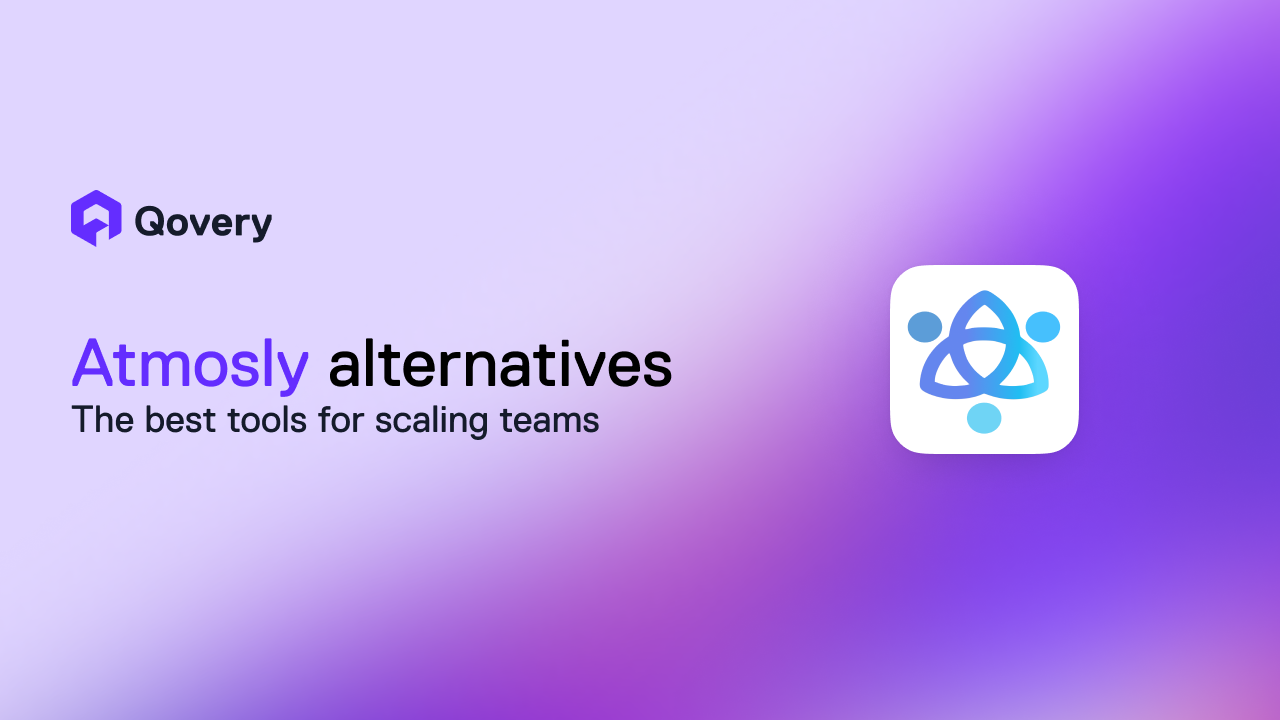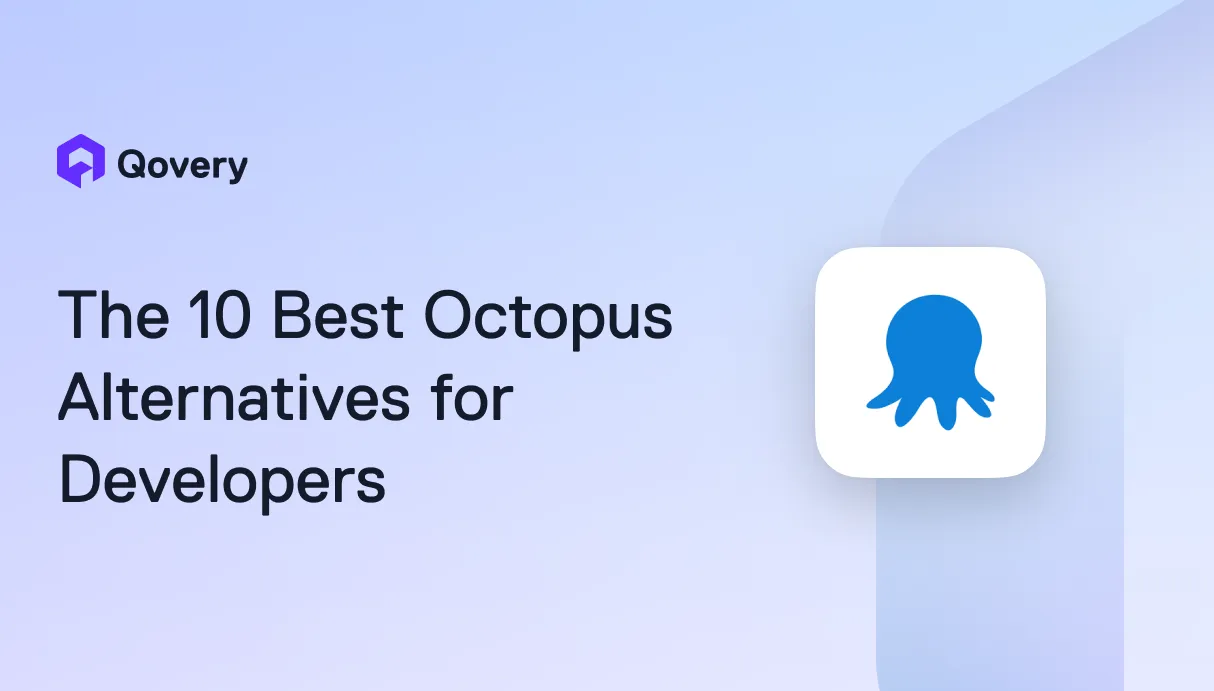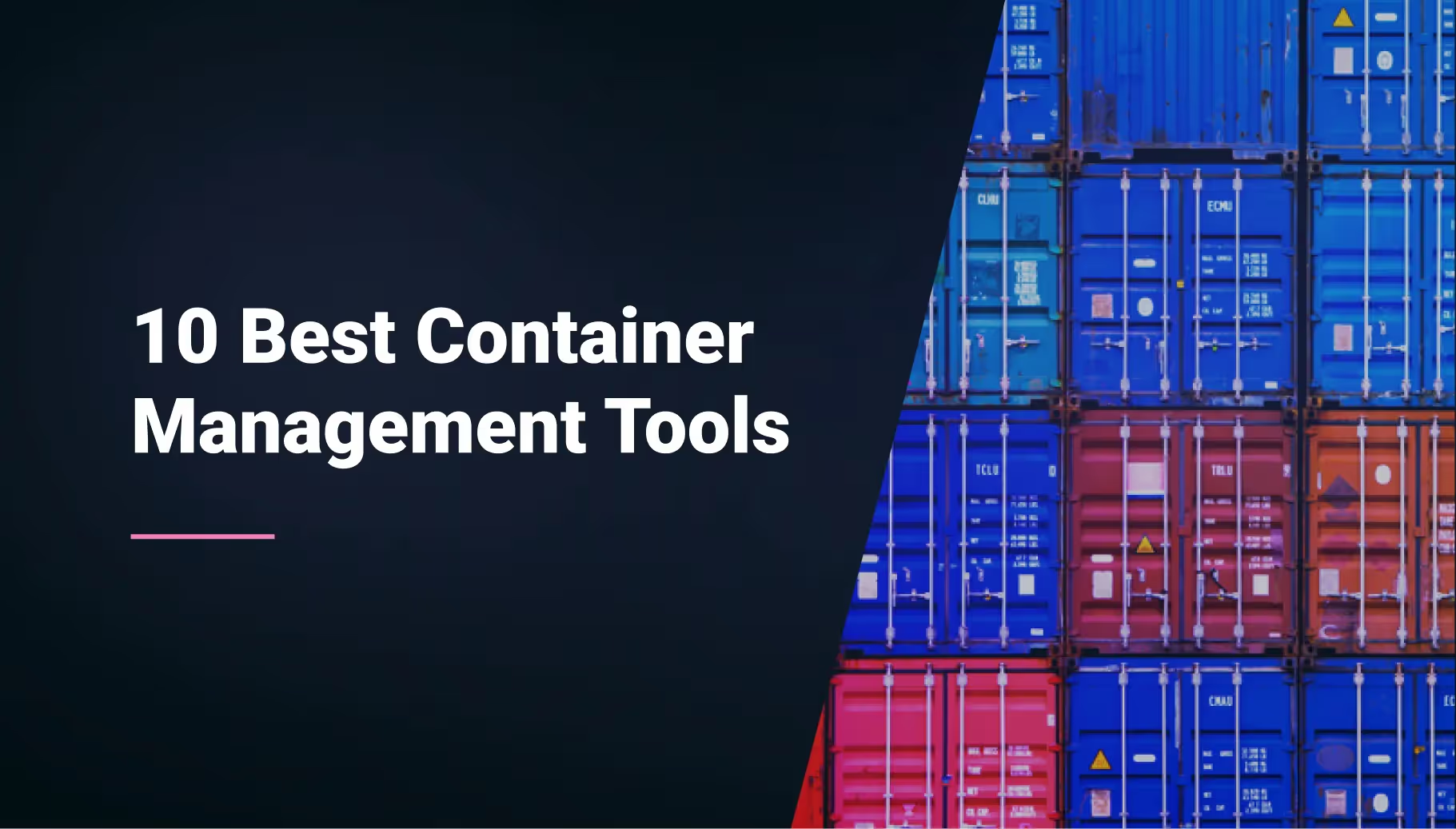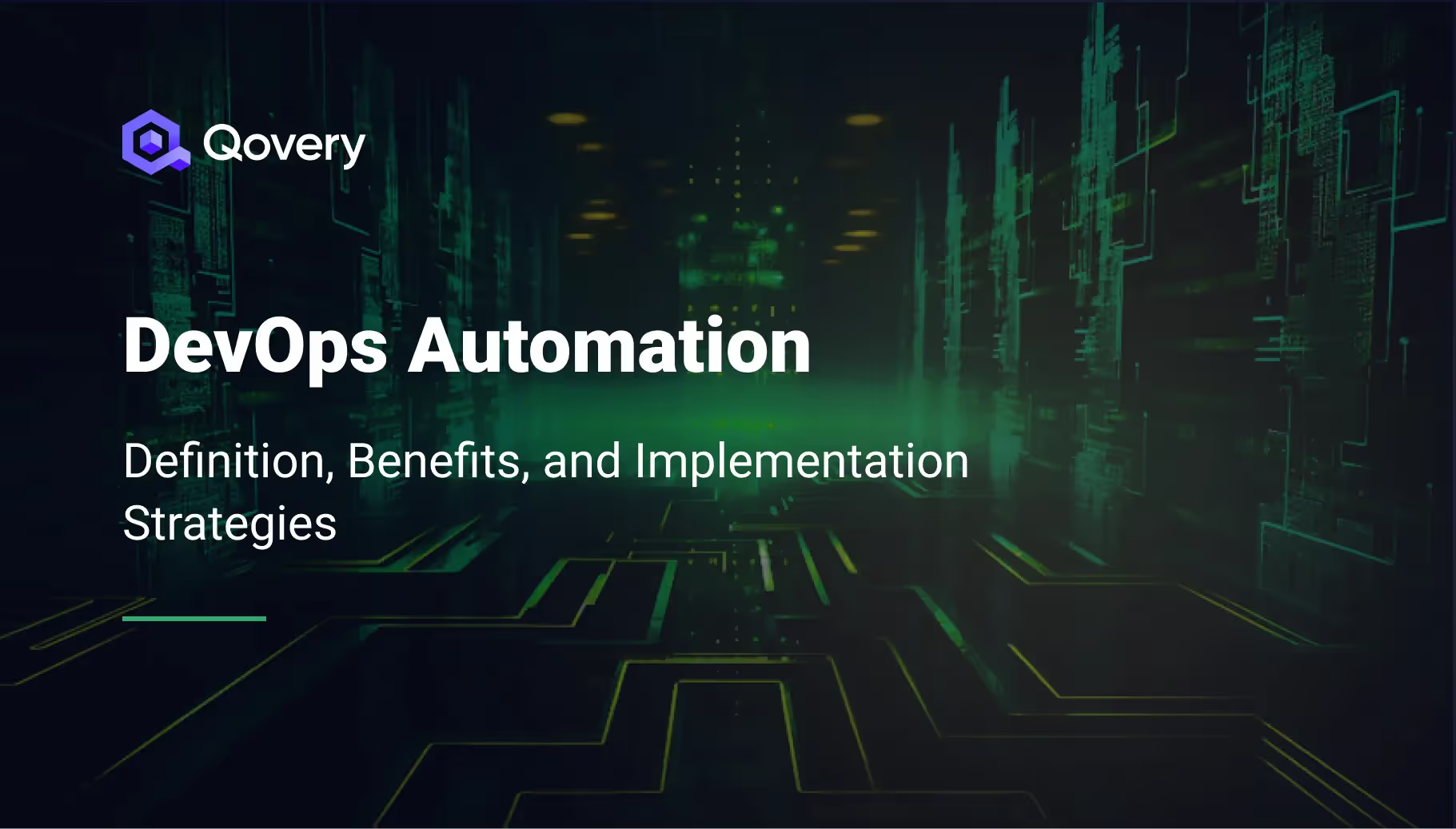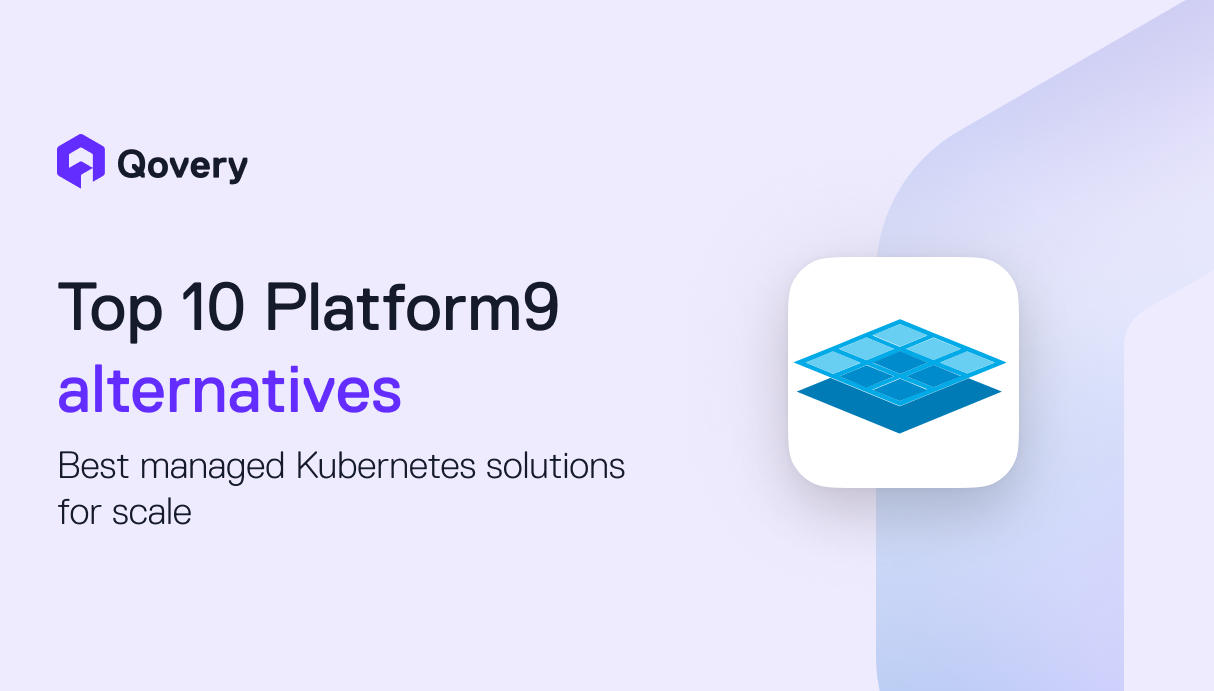

Traditional Managed Services vs. DevOps Automation Platforms: A Comprehensive Comparison

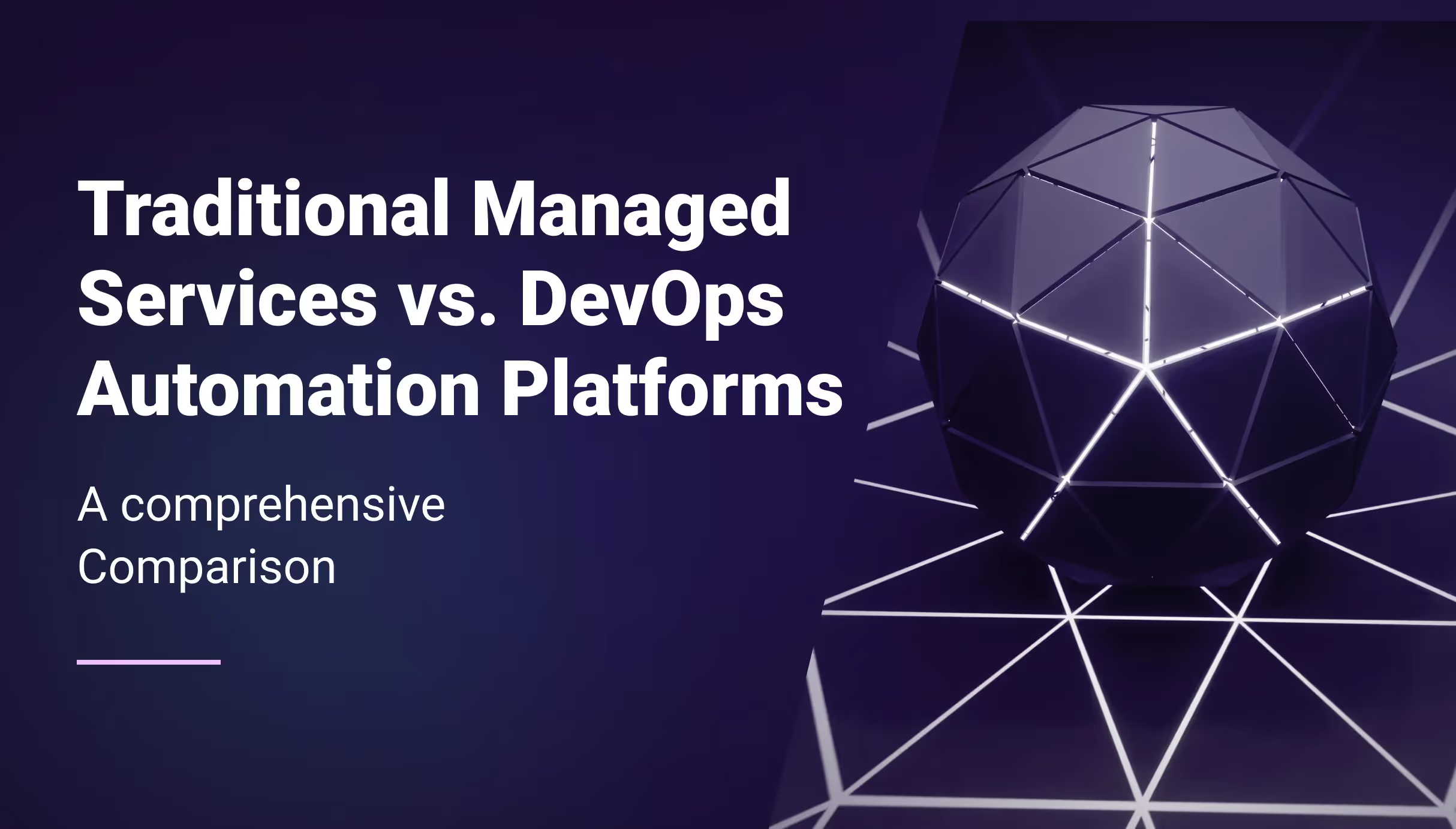

Comparing Traditional Managed Services and DevOps Automation Platforms
To choose the right approach for managing infrastructure, it's essential to evaluate the strengths and weaknesses of traditional managed services and modern DevOps automation platforms. Each comes with distinct benefits and trade-offs that impact cost, scalability, flexibility, and developer experience. Let’s dive into the details.
Traditional Managed Services
Strengths:
- Hands-Off Management: MSPs handle everything, allowing you to focus on your core business.
- Expertise: Access to specialists in infrastructure, compliance, and security.
- Stability: Reliable for businesses with low operational complexity and minimal change requirements.
Weaknesses:
- High Costs: MSPs charge premium fees through hourly rates or long-term contracts.
- Slow Changes: Dependency on external providers delays updates, troubleshooting, and feature rollouts.
- Limited Agility: Iterative development cycles are constrained by external approval processes.
- Reduced Control: Outsourcing infrastructure management reduces visibility and flexibility.
- Suboptimal DX: Developers may find themselves dependent on third parties for essential tasks, slowing productivity.
DevOps Automation Platforms
Strengths:
- Cost Efficiency: Reduces reliance on costly external consultants and prevents overprovisioning.
- Faster Day 1 Operations: Tools like one-click deployments and infrastructure-as-code (IaC) cut setup time from weeks to hours.
- Automated Day 2 Management: Built-in automation handles scaling, monitoring, compliance, and updates with minimal intervention.
- Developer Autonomy: Intuitive interfaces let teams manage infrastructure without needing dedicated DevOps engineers.
- Seamless Integration: DevOps Automation platforms integrate directly with AWS, Azure, and Google Cloud.
- Rapid Iteration: Self-service features support continuous delivery and shorter development cycles.
- Enhanced DX: Developers have direct control over deployments, improving efficiency and satisfaction.
Weaknesses:
- Less Immediate Human Support: While these platforms offer robust automation, support is not always available 24/7 for complex or unique issues. This can require some scheduling flexibility for human assistance.
Head-to-Head Comparison
Let’s have a head-to-head comparison between traditional managed services and DevOps Automation platforms
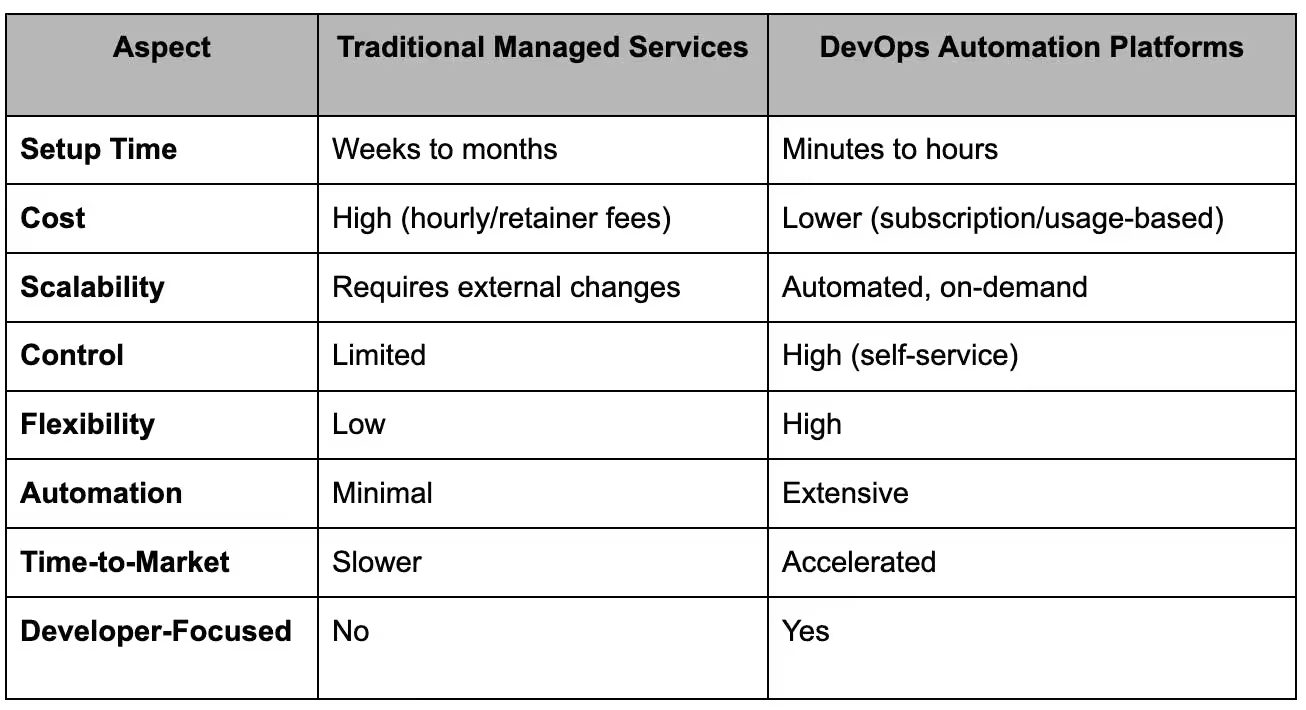
ROI and Cost Effectiveness Analysis
Direct Costs:
- Traditional MSPs: Expensive contracts and retainers add up quickly.
- DevOps Automation Platforms: Subscription-based models eliminate overprovisioning and optimize resource use.
Indirect Costs:
- Labor: MSPs require dedicated DevOps teams; automation reduces this need.
- Time: DevOps Automation Platforms reduce deployment cycles from weeks to hours.
- Opportunity: Faster infrastructure setup enables quicker product rollouts and innovation.
How DevOps Automation Platforms Boost ROI
DevOps automation platforms deliver impactful outcomes:
- Slash Infrastructure Costs: Automate scaling and eliminate overprovisioning to cut infrastructure expenses by up to 50%.
- Accelerate Time-to-Market: Rapid environment provisioning and one-click deployments reduce launch timelines from weeks to hours, enabling faster delivery and iteration cycles
- Remove DevOps Hiring: Automation eliminates the need for specialized DevOps hires, saving hundreds of thousands in annual salaries and reducing recruitment bottlenecks..
- Maximize Developer Output: User-friendly interfaces free developers from infrastructure maintenance, enabling them to focus on product delivery.
- Unlock Scalability: Dynamically adjust resources to meet demand, ensuring performance during growth and peak loads.
Key Considerations for Choosing the Right Approach
Choosing the best infrastructure management approach depends on various factors. Below, we’ll break down the key considerations by segment and scenario to help you make the right decision.
1. Speed and Agility Needs
- When to Choose Traditional Managed Services: If timelines are not critical and external expertise can handle complex setup over time, MSPs may work. However, expect longer lead times for deployments and updates.
- When to Choose DevOps Automation Platforms: For teams needing rapid iterations, such as launching MVPs or scaling new features, automation platforms offer unmatched velocity. With one-click deployments and automated scaling, environments can be ready in minutes.
2. Budget and Cost Efficiency
- Traditional Managed Services: Ideal for companies with fixed budgets willing to pay premium fees for outsourced expertise. However, costs can escalate with hourly rates and retainer fees.
- DevOps Automation Platforms: Subscription-based pricing models and automated resource management reduce operational costs, making them suitable for startups or SMBs operating on tighter budgets.
3. Industry Regulations and Compliance
- Traditional Managed Services: Best suited for industries with heavy compliance demands (e.g., healthcare, finance) requiring bespoke configurations and hands-on support. MSPs can offer guidance on regulatory frameworks like GDPR or HIPAA.
- DevOps Platforms: Modern platforms like Qovery include built-in compliance tools for security and regulatory requirements. This approach is ideal for companies leveraging containerized apps in regulated environments.
4. Legacy Systems and Customization
- Traditional Managed Services: The right choice for organizations with large, custom legacy infrastructures that require extensive, manual configurations and hands-on management.
- DevOps Automation Platforms: Better suited for cloud-native architectures or containerized applications where integration and automation are key priorities. Platforms streamline operations while maintaining flexibility for modern workloads.
5. Long-Term Scalability
- Traditional Managed Services: Scaling through MSPs can be time-consuming and costly, with additional fees for changes and resource provisioning.
- DevOps Automation Platforms: Built-in auto-scaling and self-healing capabilities ensure seamless scalability as your business grows, without the need for external intervention.
6. Developer Experience
- Traditional Managed Services: Teams relying on MSPs often experience slower feedback loops and limited control over deployments.
- DevOps utomation Platforms: Developer-first features, such as environment cloning, Git-based workflows, and self-service options, empower teams to manage their infrastructure directly, boosting productivity and satisfaction
Why Qovery Stands Out
Qovery redefines infrastructure management by offering an end-to-end DevOps automation platform focused on developer experience and operational efficiency. It eliminates the need for dedicated DevOps recruitment by automating complex tasks like scaling, monitoring, and compliance. With a developer-first approach, seamless cloud integration, and built-in tools, Qovery empowers teams to deploy and manage applications faster, more reliably, and at lower costs compared to traditional managed services.
Key Features and Benefits
- Production-Ready Infrastructure: Deploy complete, production-ready environments in minutes, compared to the days or weeks traditional methods require.
- One-Click Deployments: Simplify and speed up deployment processes, enabling rapid iteration and faster go-to-market.
- Built-In Automation: Automates critical tasks like auto-scaling, self-healing, and monitoring, ensuring optimal performance with minimal effort.
- Seamless Cloud Integration: Works natively with AWS, Azure, and Google Cloud to leverage existing infrastructure without lock-in.
- User-Friendly Interfaces: Qovery provides multiple interfaces—a user-friendly UI, a powerful API, a CLI, and a Terraform provider—to cater to different preferences and workflows.
- Cost Optimization: Pay-as-you-go pricing ensures efficient resource usage, reducing operational costs.
- Compliance and Security: Includes tools to meet regulatory standards (e.g., GDPR, SOC 2) and follow best practices.
Customer Success Stories
- Alan: Reduced deployment times from over an hour to eight minutes, streamlining operations and enhancing reliability.
- Hyperline: Transitioned from Heroku, avoiding DevOps hires while accelerating feature delivery and cutting costs.
- TalkSpace: Empowered developers to handle deployments independently, eliminating delays and improving release cycles.
Qovery transforms infrastructure management for startups, SMBs, and enterprises by combining speed, simplicity, and cost efficiency.
Ready to experience the future of DevOps? Try Qovery today.

Suggested articles
.webp)



.svg)
.svg)
.svg)
